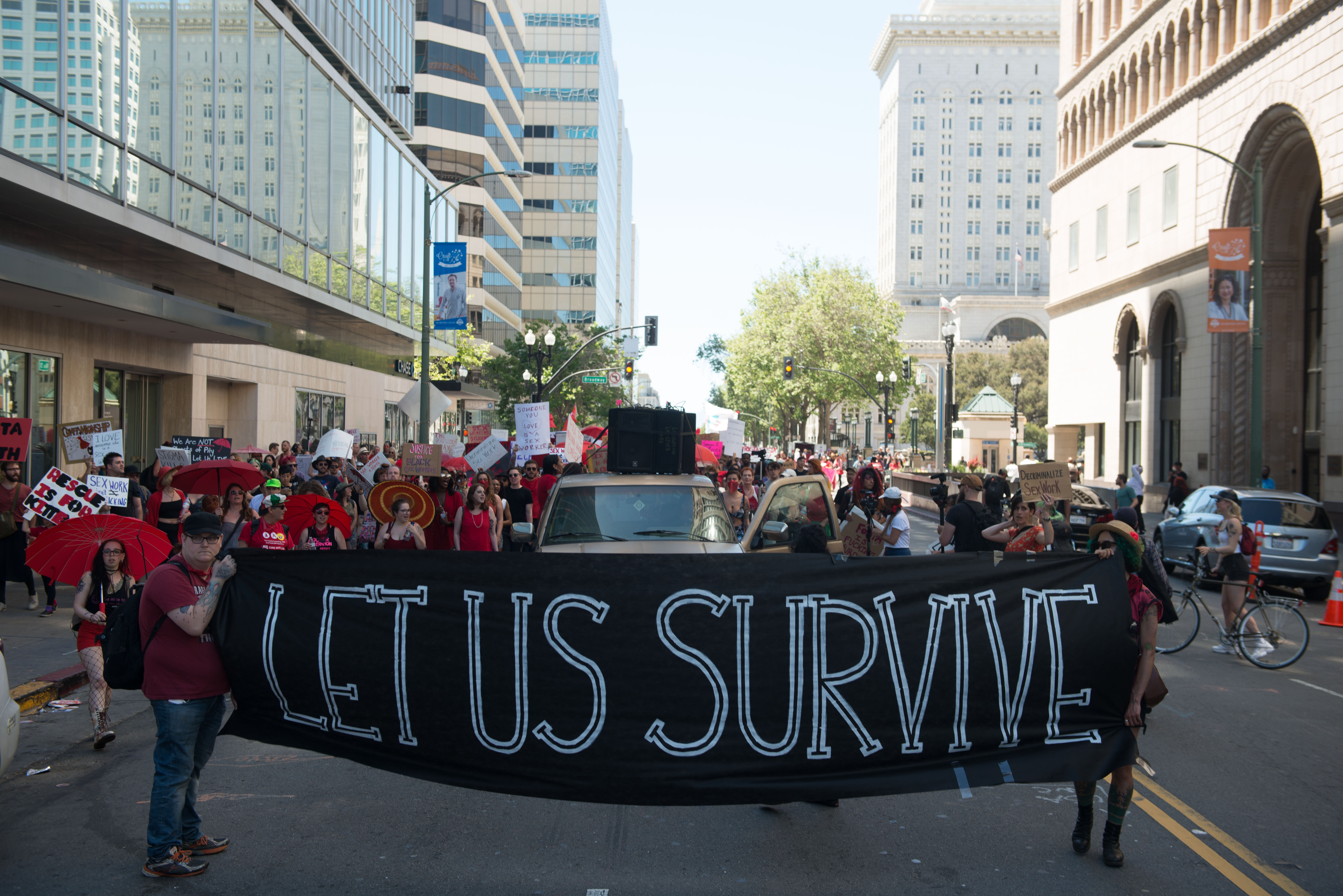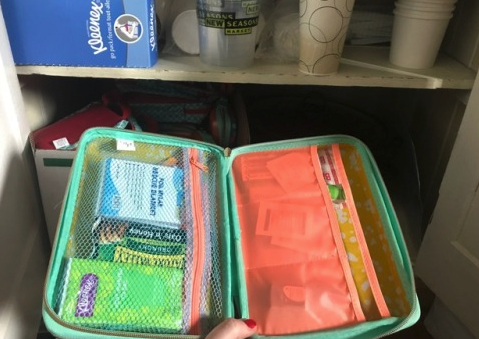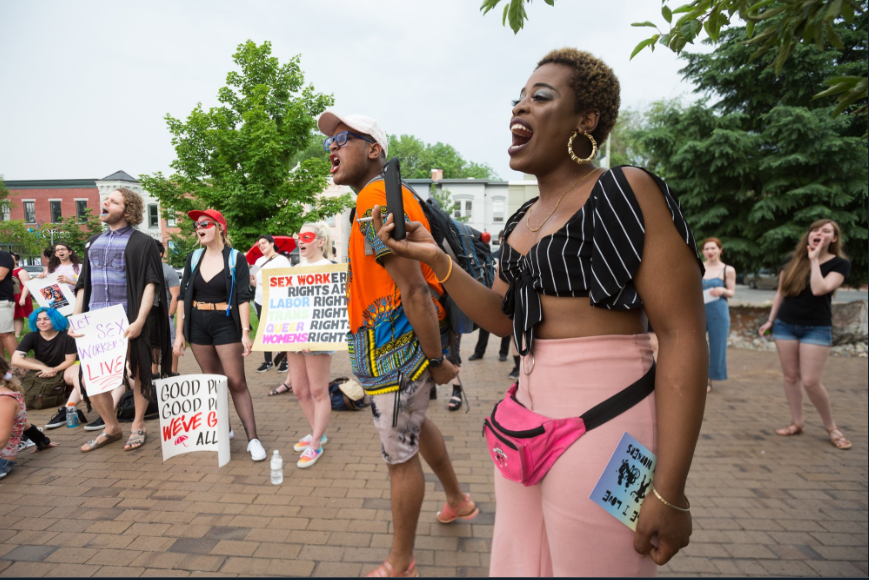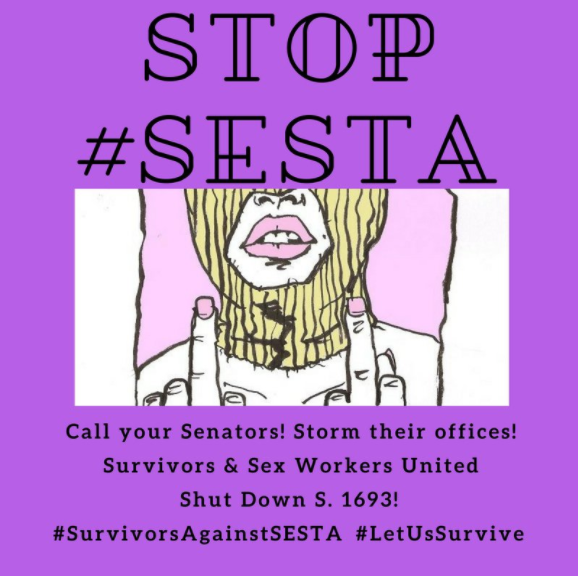This post was jointly written by Maxine Holloway and Arabelle Raphael, co-founders of BAPS. On the morning after the Senate passed FOSTA we texted each other about whether we should remove our ads from our social media accounts. We weren’t exactly sure what to do and knew that many other people were in the same… Continue reading How To Start A Post-SESTA Emergency Organizing Group
Category: Activism
Four Easy Tips For Doing Street Outreach
After the 2016 election I thought I would die if I didn’t do something now, immediately, something tangible where I walked away knowing that both I and the other person were better off after interacting: them with something concrete—whether it was a sandwich or hot coffee or condoms or whatever—and me feeling like I had… Continue reading Four Easy Tips For Doing Street Outreach
International Whores’ Day (And Lobby Day!) Link Roundup
What a week it’s been for sex worker organizing! The first sex worker Lobby Day on June 1st was followed by nationwide sex worker action on International Whores’ Day on June 2nd. Post-SESTA, this annual day of organizing picked up more momentum than ever. Here’s our attempt at curating the coverage of this week’s news… Continue reading International Whores’ Day (And Lobby Day!) Link Roundup
Fundraisers For Sex Workers Struggling Post-SESTA
Editor’s note: Inclusion on this list does not indicate that Tits and Sass is endorsing a particular fund. Newwhoreizons is “a wealth redistribution club by [sex workers] for [sex workers].” $newwhoreizons on cash.me to donate, newwhoreizons on a private Instagram account for information—DM to request to join the club or ask for help. Lysistrata is… Continue reading Fundraisers For Sex Workers Struggling Post-SESTA
Sex Workers Are Not Collateral Damage: Kate D’Adamo on FOSTA and SESTA
Both sex workers’ rights and anti-trafficking organizations have been watching a bill winding its way through Congress for a while. Here at Tits and Sass, we’ve had plenty to say about it. SESTA, the Stop Enabling Sex Trafficking Act, the Senate version of the bill, would have been disastrous enough—it would create a trafficking-related loophole… Continue reading Sex Workers Are Not Collateral Damage: Kate D’Adamo on FOSTA and SESTA




